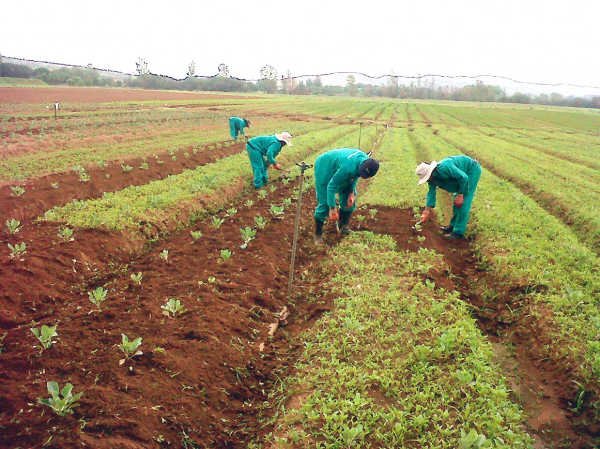The Indian government has offered guaranteed subsidies for pulses, corn, and cotton in a bid to break a deadlock with protesting farmers, Trade Minister Piyush Goyal said after week-long clashes between security forces and protesters.
Tear gas and barricades were used to deter the peasants, who form an influential voting bloc, months ahead of a general election due by May, in which Prime Minister Narendra Modi seeks a record third term.
Sunday’s comments followed marathon talks with peasants’ unions after the protesters, who are demanding higher prices backed by law for nearly two dozen crops, were halted at a distance of about 200 km (125 miles) from New Delhi.
Goyal said the government had proposed five-year contracts for minimum subsidies to farmers who diversify their crops to grow pigeon peas, black matpe, red lentils, and corn, paid by co-operative groups it promotes.
“These organisations will buy the produce, and there will be no limit on quantity,” Goyal told reporters in the northern city of Chandigarh, adding that a similar price guarantee would also be offered to farmers who diversify and produce cotton.
The farmers‘ unions said they would decide on the proposal within a day or two after reaching consensus among themselves.
Switching more crops to pulses from those such as rice and wheat that require more water will not only benefit a depleting water table but also help cut back on imports of pulses.











